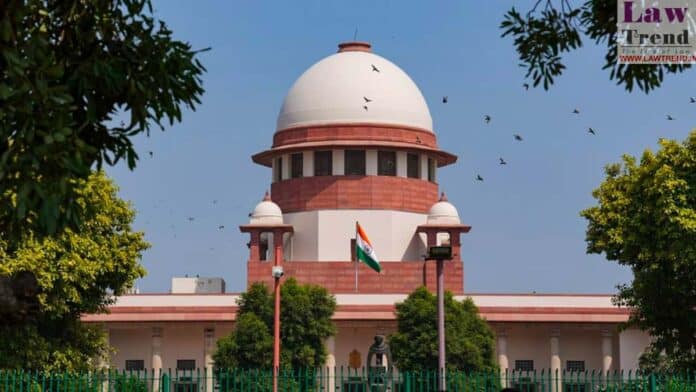The Supreme Court of India has upheld the life imprisonment sentence of Kunhimuhammed alias Kunheethu in a case of politically motivated murder in Kerala. The judgment, delivered on December 6, 2024, by a bench comprising Justice Vikram Nath and Justice Prasanna B. Varale, emphasized that even spontaneous acts during altercations can amount to murder if
To Read More Please Subscribe to VIP Membership for Unlimited Access to All the Articles, Download Available Copies of Judgments/Order, Acess to Central/State Bare Acts, Advertisement Free Content, Access to More than 4000 Legal Drafts( Readymade Editable Formats of Suits, Petitions, Writs, Legal Notices, Divorce Petitions, 138 Notices, Bail Applications etc.) in Hindi and English.




